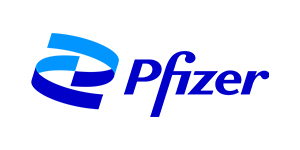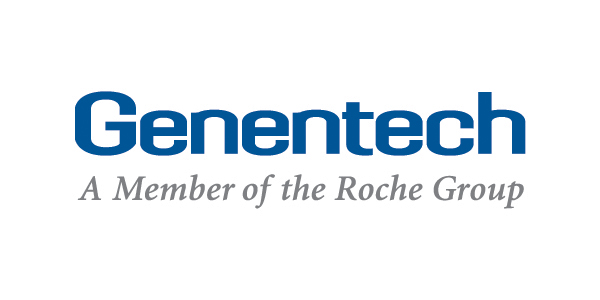
- Need Technical Assistance? changemeded2021@getvfairs.io

September 29 - October 1, 2021
ChangeMedEd® 2021: The future of medical education is now
A critical piece of the "AMA Accelerating Change in Medical Education" initiative, ChangeMedEd® 2021 brings together a virtual community of innovators in medical education, including faculty, learners and influencers from related health care fields to network, collaborate and drive change in medical education across the continuum.
Together we will explore new and innovative ways to train future physicians to:
ChangeMedEd® 2021 allows participants from across the country to explore and discuss ideas and innovations that are driving systemic change in medical education. This year's conference will feature:
 2021-09-29 08:45:00
2021-09-29 08:45:008:45 - 9:00 a.m.
Welcome and AMA Accelerating Change in Medical Education award presentation
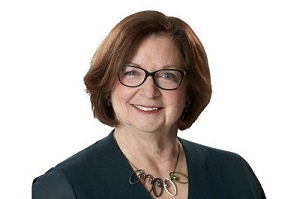
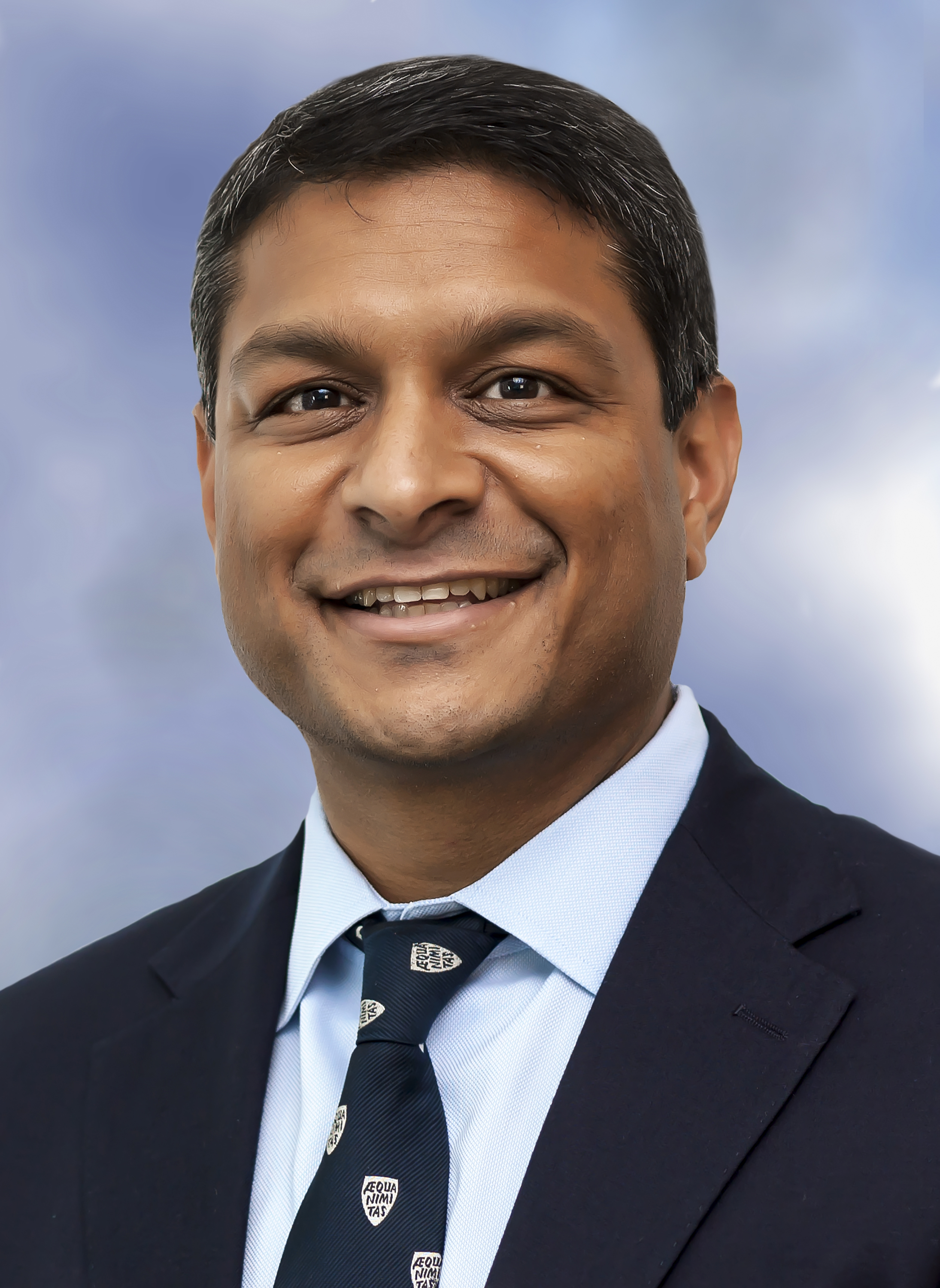
Second City Works plenary presentation “Utilizing improv tools for innovation and impact”

 2021-09-29 10:15:00
2021-09-29 10:15:0010:15-10:40 a.m.
Changing institutional culture to enhance the learning environment—a multipronged approach
10:40 - 11:05 a.m.
The role of psychological safety in improving the learning environment
11:05 - 11:15 a.m.
Live Q&A with presenters
 2021-09-29 10:15:00
2021-09-29 10:15:0010:15-11:15 a.m.
 2021-09-29 10:15:00
2021-09-29 10:15:00|
10:15 -10:25 a.m. (Un)Learning what matters: An anti-racist framework for undergraduate medical education Michelle Suh, MD
Baylor College of Medicine
10:25-10:35 a.m.
Implementing a vertical-integration model with sustainable administrative-student collaborations for transforming health systems science to amplify diversity, equity, inclusivity, accessibility and justice Erica Jaieyola Odukoya, MPH
University of Michigan Medical School
10:35-10:45 a.m.
A scoping review on creating psychological safety in the learning environment for medical students Nduka Vernon, MD, MPH
Rutgers New Jersey Medical School
10:45-11:15 a.m.
Live Q&A with presenters
|
 2021-09-29 10:15:00
2021-09-29 10:15:0010:15 - 10:40 a.m.
Threats to the continuum of competency-based medical education: Tackling the alignment of frameworks, assessment and individualized learning
Addressing the challenges of implementing competency-based assessments for a multi-site dermatology residency program through a core faculty program
 2021-09-29 10:15:00
2021-09-29 10:15:0010:15 - 10:25 a.m.
Gistalt: A mobile application to evaluate and improve clinical gestalt
Learning beyond the simulation center walls: Transitioning an in-person simulation to a virtual format to assess and prepare graduating medical students for residency
A formative assessment to teach telemedicine skills
 2021-09-29 10:15:00
2021-09-29 10:15:0010:15 - 10:40 a.m.
Developing inclusive practices for case-based learning
Inclusive development for curricular equity: Piloting programmatic curriculum review and inclusive design resources
 2021-09-29 10:15:00
2021-09-29 10:15:0010:15 - 11:15 a.m.
 2021-09-29 11:30:00
2021-09-29 11:30:0011:30 - 11:55 a.m.
The underrepresented admission support program: An innovative, student-led approach to promoting inclusivity, mentorship, community and leadership while fostering equitable application and interviewing practices
 2021-09-29 11:30:00
2021-09-29 11:30:0011:30 - 11: 55 a.m.
Measuring team effectiveness for students training in health systems science
Improving health care transitions of surgical care through an innovative inter-professional education elective
 2021-09-29 11:30:00
2021-09-29 11:30:0011:30 - 11:55 a.m.
Brown Advocates for Social Change and Equity (BASCE) Fellowship Program: An evaluation of an innovative model to address structural racism in medicine
Advocacy for health justice: New collaborations to imagine new possibilities
 2021-09-29 11:30:00
2021-09-29 11:30:0011:30 - 12:30 p.m.
 2021-09-29 11:30:00
2021-09-29 11:30:0011:30 - 11:55 a.m.
Perspectives from social mission metrics survey participation
COMPADRE Alliance of GME Partners (CAGMEP): A regional education coalition to address rural and underserved health care disparities
 2021-09-29 11:30:00
2021-09-29 11:30:0011:30 - 11:55 a.m.
Addressing health equity via the health humanities: Implementation of a longitudinal and portable health humanities track in graduate medical education
Designing education: Using racism in medicine modules to support an anti-racist, structurally competent framework
12:20 - 12:30 p.m.
Live Q&A with presenters
 2021-09-29 11:30:00
2021-09-29 11:30:0011:30 - 12:30 p.m.
 2021-09-29 12:45:00
2021-09-29 12:45:0012:30 - 1:30 p.m.
 2021-09-29 12:45:00
2021-09-29 12:45:0012:30 - 12:40 p.m.
Clinical public health in medical education
12:40 - 12:50 p.m.
Leveraging design thinking to reimagine a pre-clerkship social determinants screening program
12:50 - 1:00 p.m.
Better than broccoli: Turning health systems science education into a fun and healthy treat
 2021-09-29 12:45:00
2021-09-29 12:45:0012:30 - 12:55 p.m.
Bring residents back to the bedside: Interprofessional, bedside rounding improves the quality of narrative evaluations by attendings
Application of the RIME scheme to direct observations of family medicine residents
 2021-09-29 12:45:00
2021-09-29 12:45:0012:30 - 1:30 p.m.
 2021-09-29 12:45:00
2021-09-29 12:45:0012:30 - 1:30 p.m.
 2021-09-29 12:45:00
2021-09-29 12:45:0012:30 - 12:55 p.m.
Improving student readiness to effectively care for diverse populations
Read what is said: A model for recognizing and responding to racism and microaggressive behaviors
 2021-09-29 12:45:00
2021-09-29 12:45:0012:30 - 12:55 p.m.
Use of Holocaust and medicine education as a critical component of diversity, equity and inclusion/cultural humility curriculum in undergraduate medical education
Academic performance of medical students from socioeconomically disadvantaged backgrounds supported by a pipeline program
 2021-09-29 13:45:00
2021-09-29 13:45:00 2021-09-30 08:45:00
2021-09-30 08:45:008:45 - 9:00 a.m.
Welcome and introductions
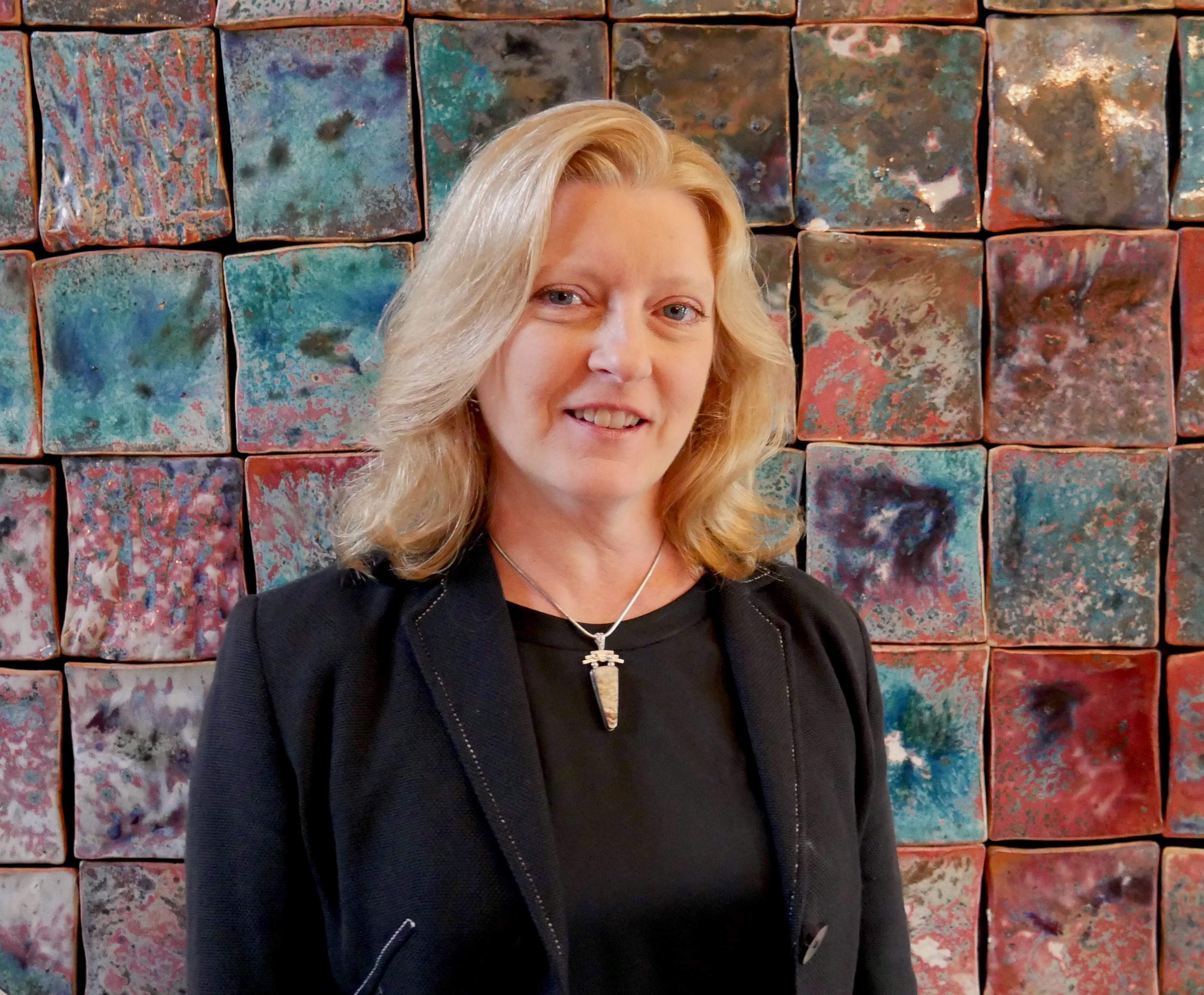
.jpg)
 2021-09-30 10:05:00
2021-09-30 10:05:00|
10:05 - 10:15 a.m. Implementing an interdepartmental acting internship and Integrating this model into a school-wide core EPA-based curriculum Adam M. Garber, MD
Virginia Commonwealth University School of Medicine
10:15 - 10:25 a.m.
Coaching collaboration between undergraduate and graduate medical education programs for excellence in ACGME requirements of competency based medical education, scholarship and teamwork Christine Lomiquen, MD 10:25 - 10:35 a.m. The PMAC Handover Set: A novel approach to providing formative feedback about patient care transfers Marcia Winward, MPhil
National Board of Medical Examiners
10:35 - 11:05 a.m.
Live Q&A with presenters
|
 2021-09-30 10:05:00
2021-09-30 10:05:0010:05 - 11:05 a.m.
 2021-09-30 10:05:00
2021-09-30 10:05:0010:05 - 11:05 a.m.
 2021-09-30 10:05:00
2021-09-30 10:05:0010:05 - 10:15 a.m.
Measuring the master adaptive learner: What we’ve learned since last time
Coaching affects community engagement and burnout in medical students
Podcasts: An underutilized modality in educating master adaptive learners
 2021-09-30 10:05:00
2021-09-30 10:05:0010:05 - 10:30 a.m.
Integrating telemedicine into undergraduate medical education using the EPA framework
10:30 - 10:55 a.m.
A pedagogical approach to create and assess domain specific data science learning materials in the biomedical and health sciences
 2021-09-30 10:05:00
2021-09-30 10:05:0010:05 - 10:15 a.m.
Social media in residency: A tool for wellness, recruitment and community engagement
Social support, social isolation and burnout: Cross-sectional study of U.S. residents exploring associations with individual, interpersonal, program and work-related factors
 2021-09-30 10:05:00
2021-09-30 10:05:0010:05 - 10:30 a.m.
The Pittsburgh Innovation Track: Innovation education and support for anesthesiology residents
A novel non-credit elective curriculum (NCE) for medical innovation and entrepreneurship
 2021-09-30 11:10:00
2021-09-30 11:10:00 2021-09-30 13:15:00
2021-09-30 13:15:00 2021-09-30 14:15:00
2021-09-30 14:15:00Facilitated workshop aimed at identifying opportunities for improvement in virtual learning.
 2021-10-01 08:45:00
2021-10-01 08:45:00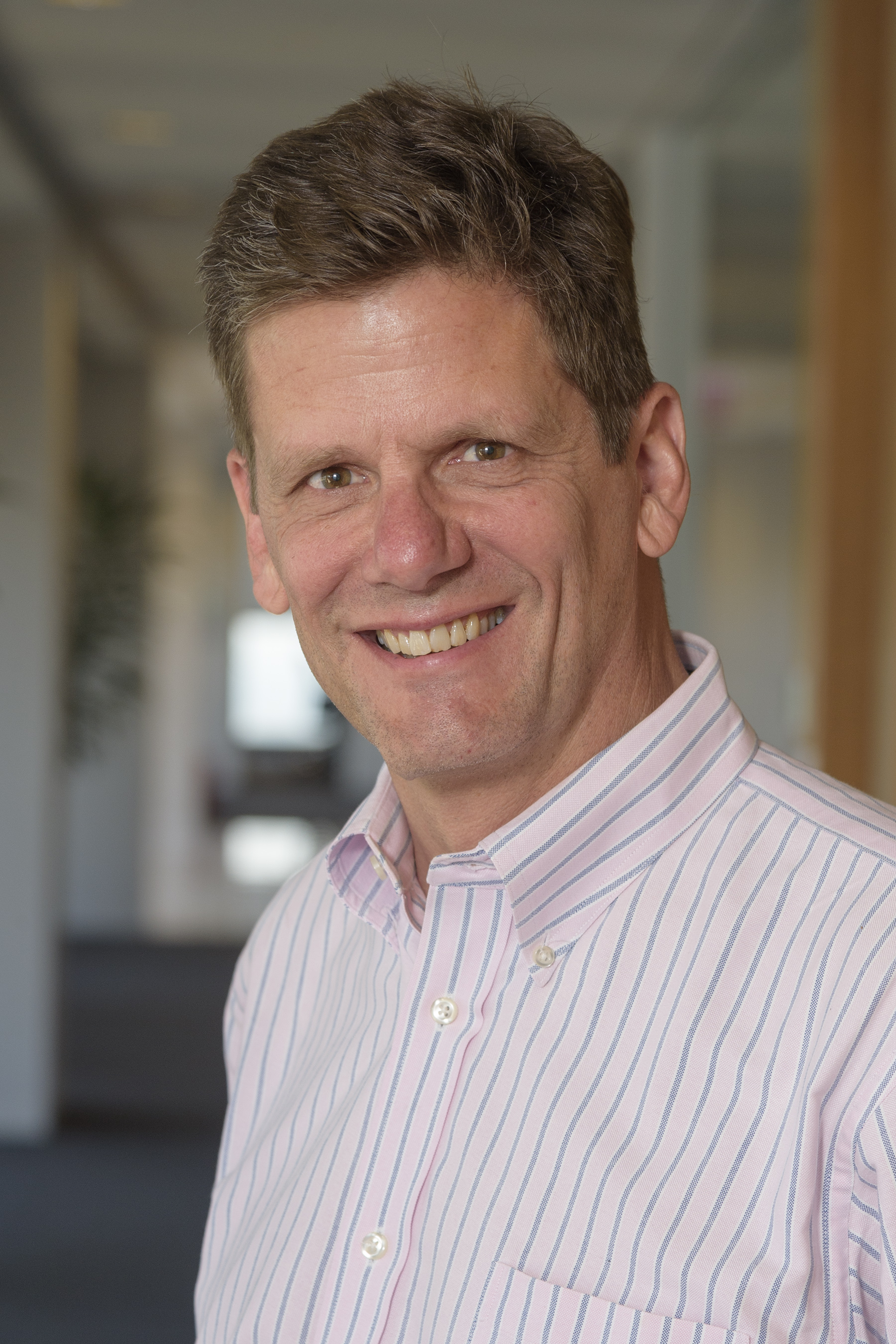
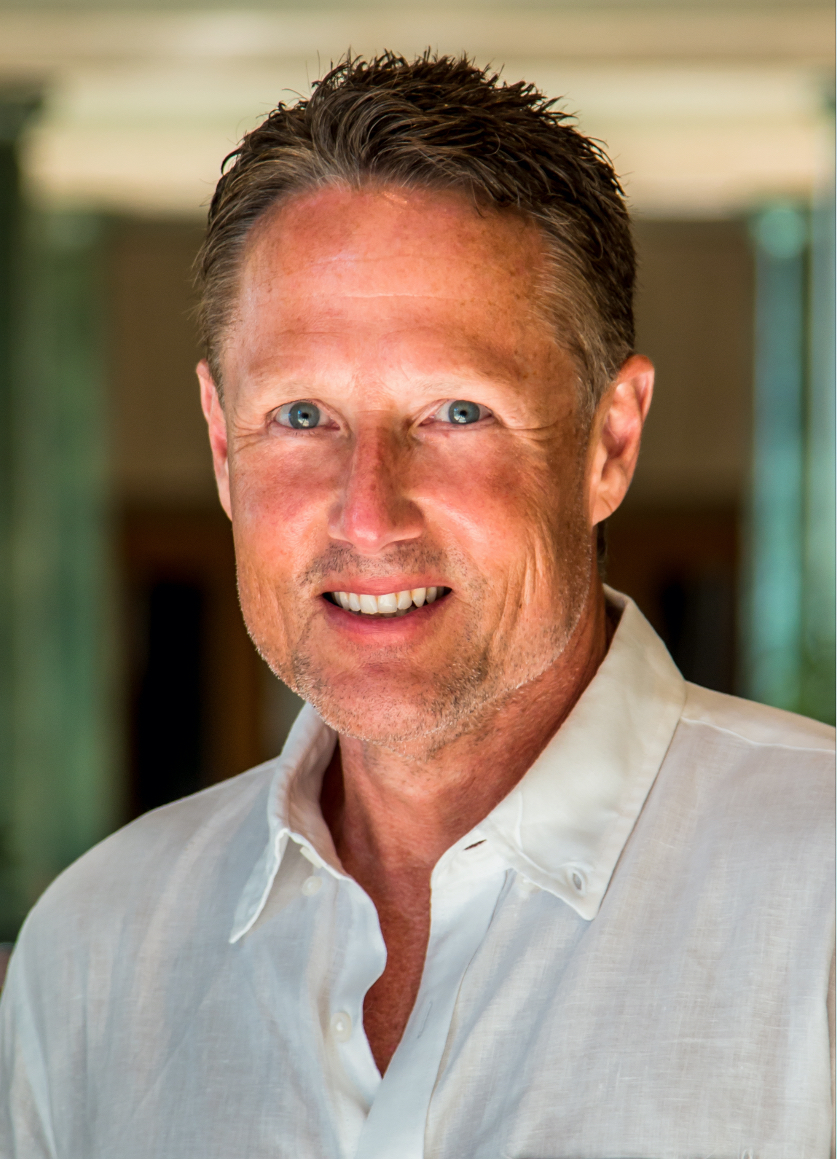
 2021-10-01 10:10:00
2021-10-01 10:10:00 2021-10-01 10:10:00
2021-10-01 10:10:00 2021-10-01 10:10:00
2021-10-01 10:10:00 2021-10-01 10:10:00
2021-10-01 10:10:00 2021-10-01 10:10:00
2021-10-01 10:10:00 2021-10-01 10:10:00
2021-10-01 10:10:00 2021-10-01 10:10:00
2021-10-01 10:10:00 2021-10-01 11:25:00
2021-10-01 11:25:00 2021-10-01 12:45:00
2021-10-01 12:45:00The AMA and AMA Foundation would like to acknowledge Genentech, a member of the Roche Group, Pfizer and Daiichi Sankyo whose educational grant support of ChangeMedEd® 2021 helped make this program possible.
